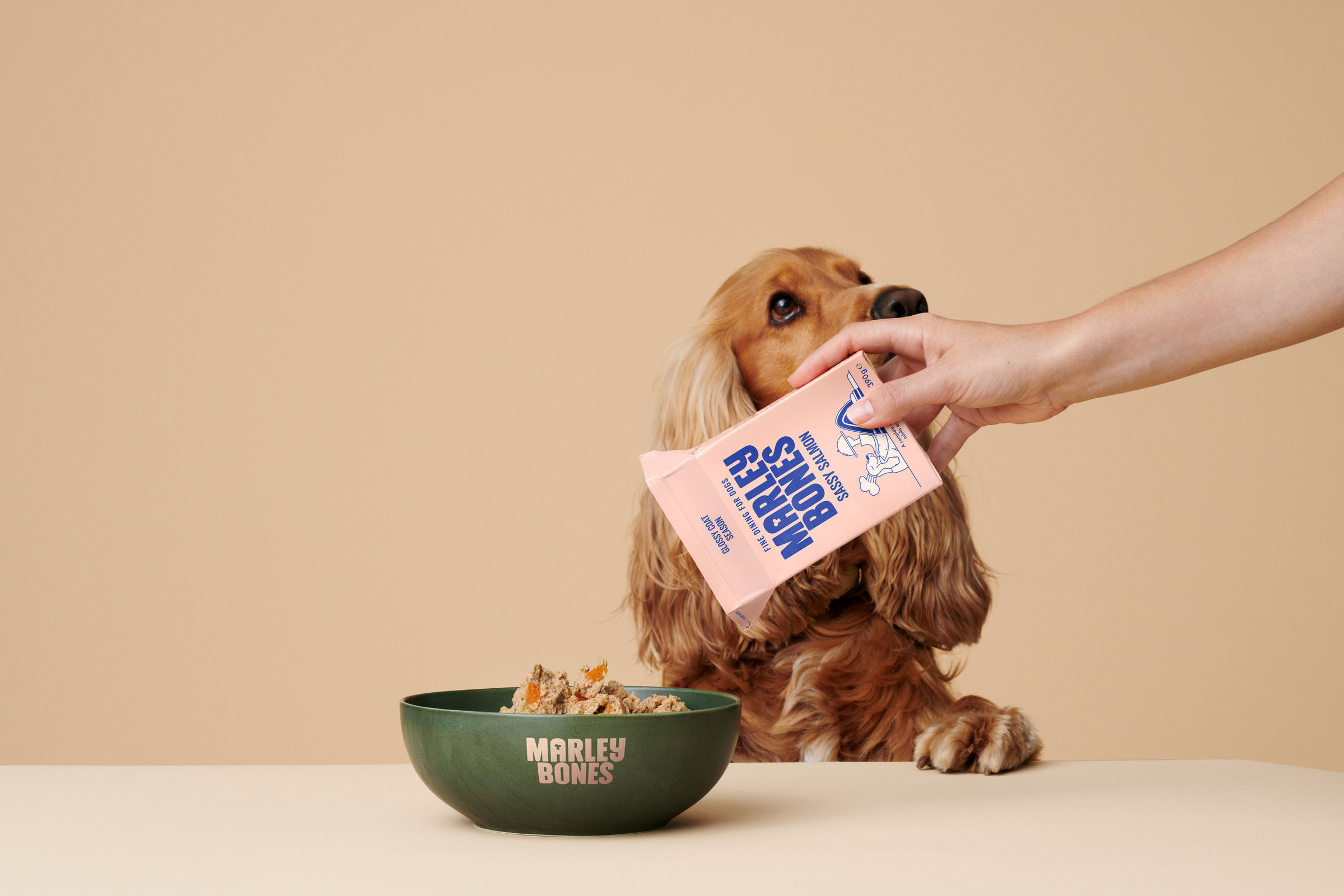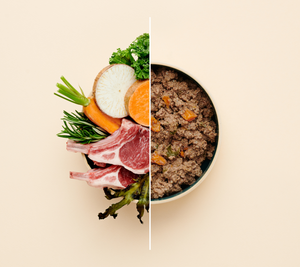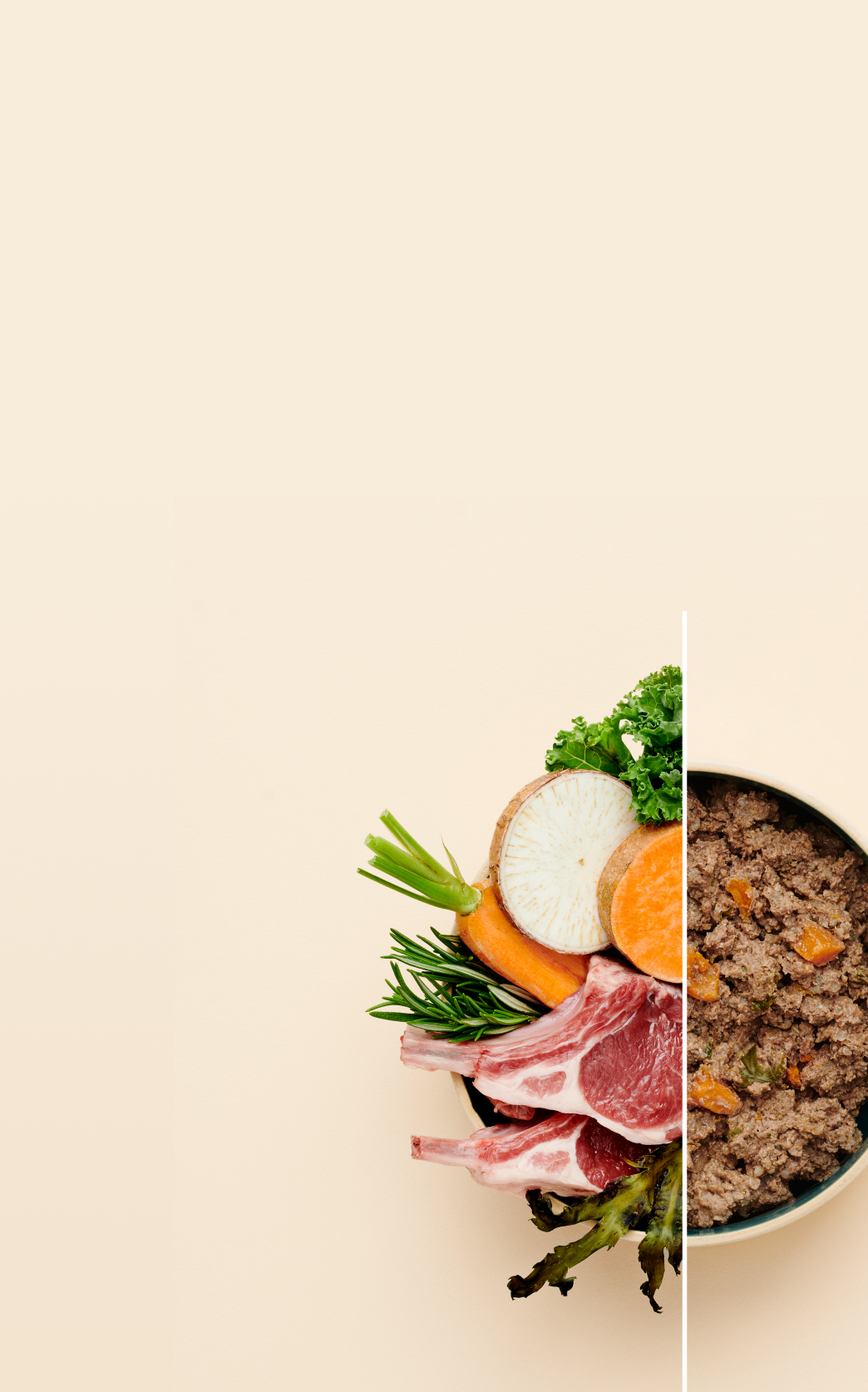How to Help Your Puppy Sleep Through the Night – The Ultimate Guide
That first night with your puppy is one you’ll never forget. It’s full of excitement, a little chaos, and a huge amount of emotion. For your pup, however, it’s a moment of total upheaval. Everything familiar—mum, littermates, surroundings—has just changed. And so begins the journey of helping them feel secure, settled, and ready for sleep.
Puppies often arrive in their new homes during what's known as their first “fear period,” usually between 8 and 12 weeks old. This is when they’re most sensitive and uncertain about the world around them. So it’s no surprise that nighttime can feel especially daunting. The key here isn’t about getting them to sleep alone right away—it’s about building trust, creating comfort, and supporting them emotionally so that independence can grow naturally.
Where Should Puppies Sleep At Night?
Start by keeping your puppy close to you. Whether that’s their crate or bed next to yours, or you camping out on the sofa near them, the goal is simple: be there. Some puppies may want your touch, others just need to know you're in the room. Both are valid.
Over time, you can gradually work towards more distance, but for now, connection is everything. It’s also important not to force crate time before your puppy is ready. Crate confidence is something to be built gently during the day when your pup is relaxed and receptive.

What To Put In Their Crate (or Bed)?
Warmth and scent are two of the most comforting things for a puppy adjusting to their new life.
You can use a microwavable heat pad designed for dogs to recreate the warmth of their littermates, and heartbeat toys are a fantastic tool too. If your breeder has provided a toy or blanket that smells like mum or the litter, keep that close by.
And yes, always make sure your puppy has access to clean water through the night. Clip-on bowls can be a great option to avoid any messy spills.
Should You Wake Your Puppy Up To Pee?
In short, no—never wake a sleeping puppy. But if they wake up and stir, assume they may need the toilet.
Keep nighttime loo trips calm and purposeful. No excited voices, no play, just a quick trip to the garden on lead, followed by gentle praise and straight back to bed.
You’ll find our puppy toilet training guide helpful here.
Should You Let Your Puppy Cry It Out?
The old advice to leave a crying puppy alone is, thankfully, falling out of favour—and for good reason.
Crying at night isn’t mischief. It’s distress. Puppies don’t yet understand the concept of being alone, and leaving them to cry can lead to long-term issues with anxiety, stress, and even a negative association with their crate or sleeping area.
Responding to your puppy’s needs doesn’t spoil them. It builds security—and that foundation helps create a confident, independent dog over time.
Why Is My Puppy Whining At Night?
If your puppy is crying or whining, it means they’re struggling to self-soothe. Try staying nearby for reassurance—perhaps on the floor beside them, or even sleeping in the same room with some gentle distance.
If your presence helps them calm down quickly, you’re on the right track. If they start crying as soon as you leave, they’re not ready to go it alone just yet. Rebuild that comfort and focus on creating positive associations with short absences during the day.
Is A Crate Essential?
Crates can be incredibly useful tools, especially for travel, vet visits, or dog walkers—but you don’t have to use one for bedtime.
That said, helping your puppy feel comfortable in a crate (even if it’s not their regular sleep space) will serve you both well in the long run. Crate training done with care and patience can prevent stress later on when it's required.
When Can They Sleep Alone?
There’s no exact timeline. Just like children, some puppies take to independence quickly, while others need more time.
As a rule of thumb, the more secure and confident your puppy feels, the sooner they’ll be able to sleep soundly without you nearby. Focus on their emotional needs, and the rest will follow.
How To Build Daytime Independence
If your puppy has had your full attention all day, it can feel confusing for them to suddenly be alone at night. But with some simple strategies, you can teach them that being apart is perfectly okay.
Start by encouraging micro-absences. Use a Lickimat or snuffle mat with something like Marleybones' spread or treats, and place it just out of reach—or just outside the room you’re in. No doors closed. Just some gentle distance.
Once your puppy is confident with this, begin introducing short separations behind baby gates or doors, paired with enrichment toys or scatter feeding. Gradually increase the duration, always making sure your puppy is relaxed and coping well.
Remember, during their second fear period around five to six months, you may need to take a step back and reduce the time spent apart again. That’s normal—just be responsive.

Establishing A Calm Puppy Bedtime Routine
Just like humans, puppies thrive on routine. A clear, calm pattern before bed helps signal that it’s time to wind down.
Step 1: Calm the mind
Skip the tug or chase games. Instead, try a short, quiet training session. Practising commands like “sit,” “lie down,” or “hand touch” gets your puppy thinking without overexciting them.
Step 2: Last toilet break
Pop your puppy on a lead and head outside for a final wee and poo. Keep it relaxed—this isn’t playtime. You can even scatter a few treats to help your pup sniff and settle.
Step 3: Sleep space and settle
Bring them to their bed or crate with a chew or calming enrichment toy. Chewing promotes relaxation, and this gentle wind-down can help them drift off.
In the early days, be ready to respond as needed during the night. Your presence now sets the stage for smoother nights down the line.
So, How Much Sleep Does A Puppy Need?
More than you probably think. Puppies need between 18 to 20 hours of sleep a day. Without enough rest, they can quickly become overstimulated, bitey, or seemingly hyper—when actually, they’re just overtired.
Make sure your puppy’s sleep space is quiet and away from foot traffic. If they’re being constantly disturbed, move their bed to a calmer spot.
And yes, chews, Kongs and Lickimats can work wonders to help them wind down and sleep peacefully.
The Final Woof
Puppy life is joyful—but it’s also messy, tiring, and often overwhelming. If you’re struggling, please know you’re not alone. The puppy blues are real, and sleep deprivation plays a big role.
But the phase will pass. And staying close to your puppy now not only helps them sleep—it helps you sleep, too.
You’ve got a lifetime of adventures ahead with your dog. One day, you’ll look back at those early nights with a sleepy smile and maybe, just maybe, be tempted to do it all over again.


















